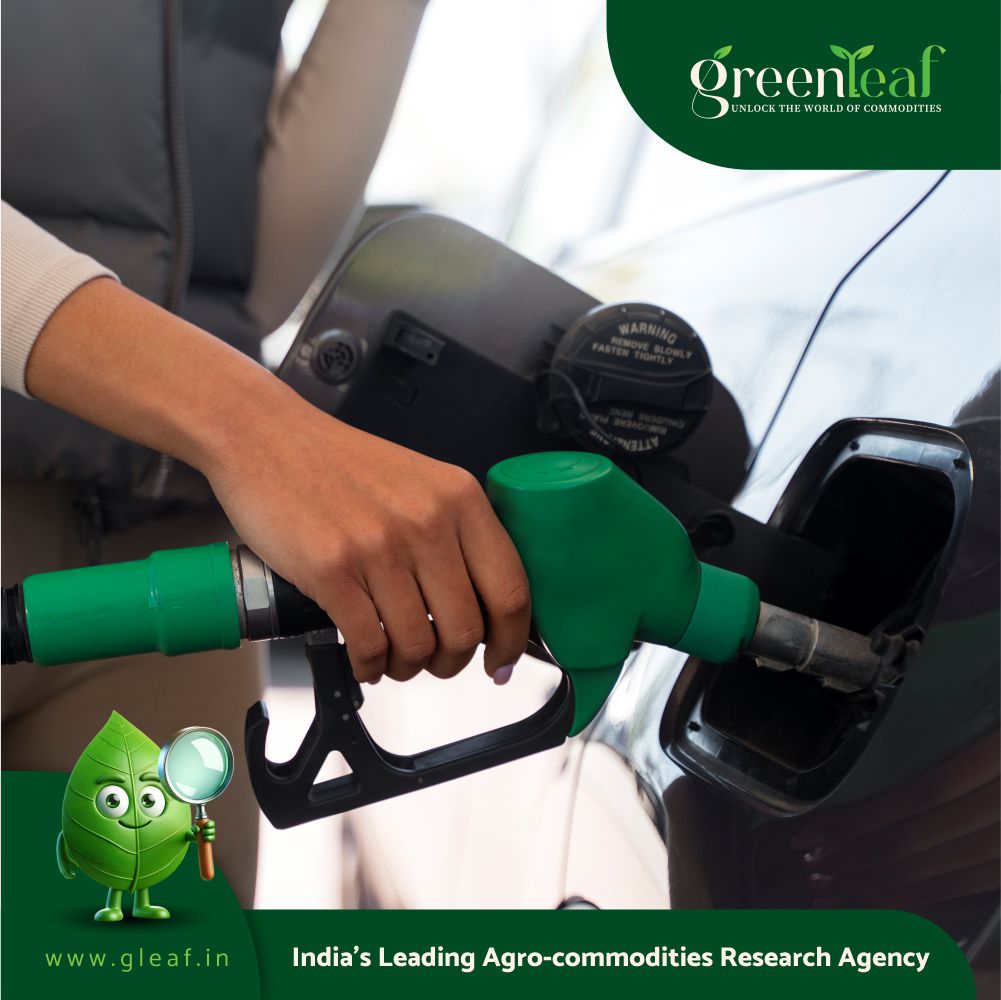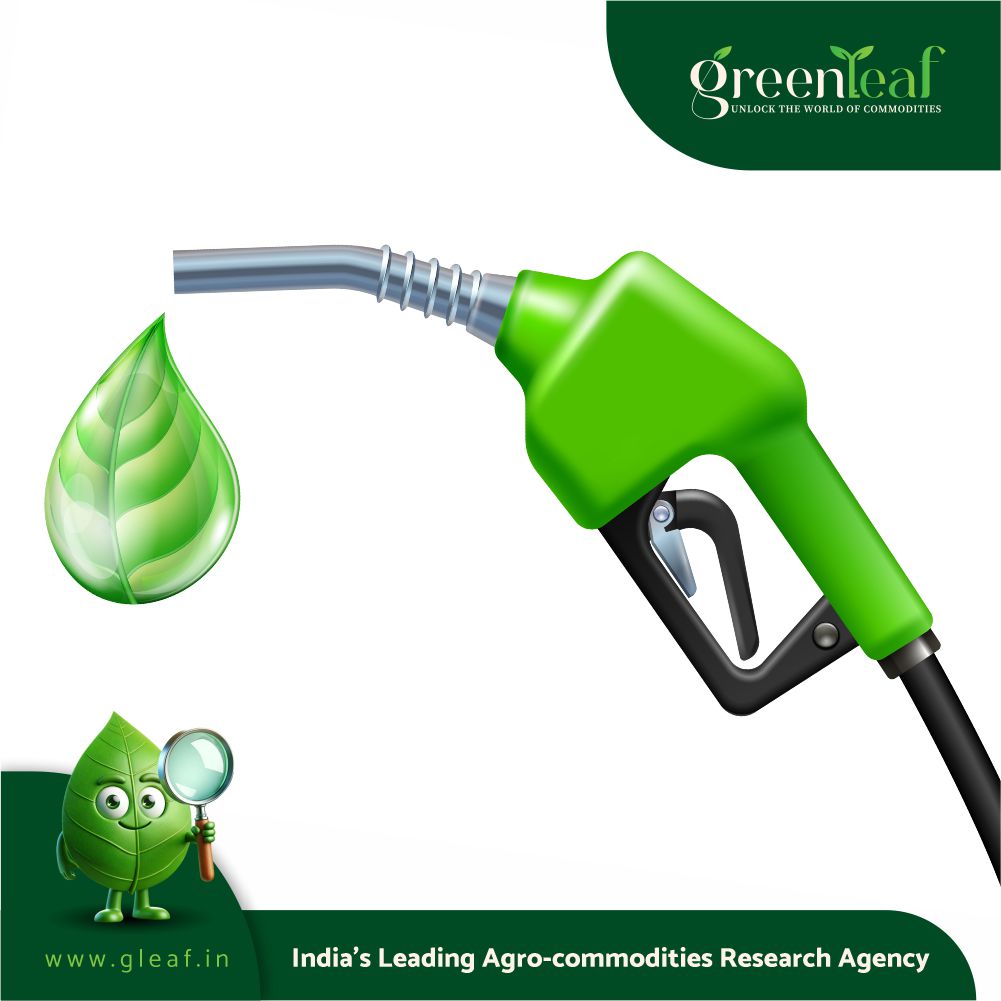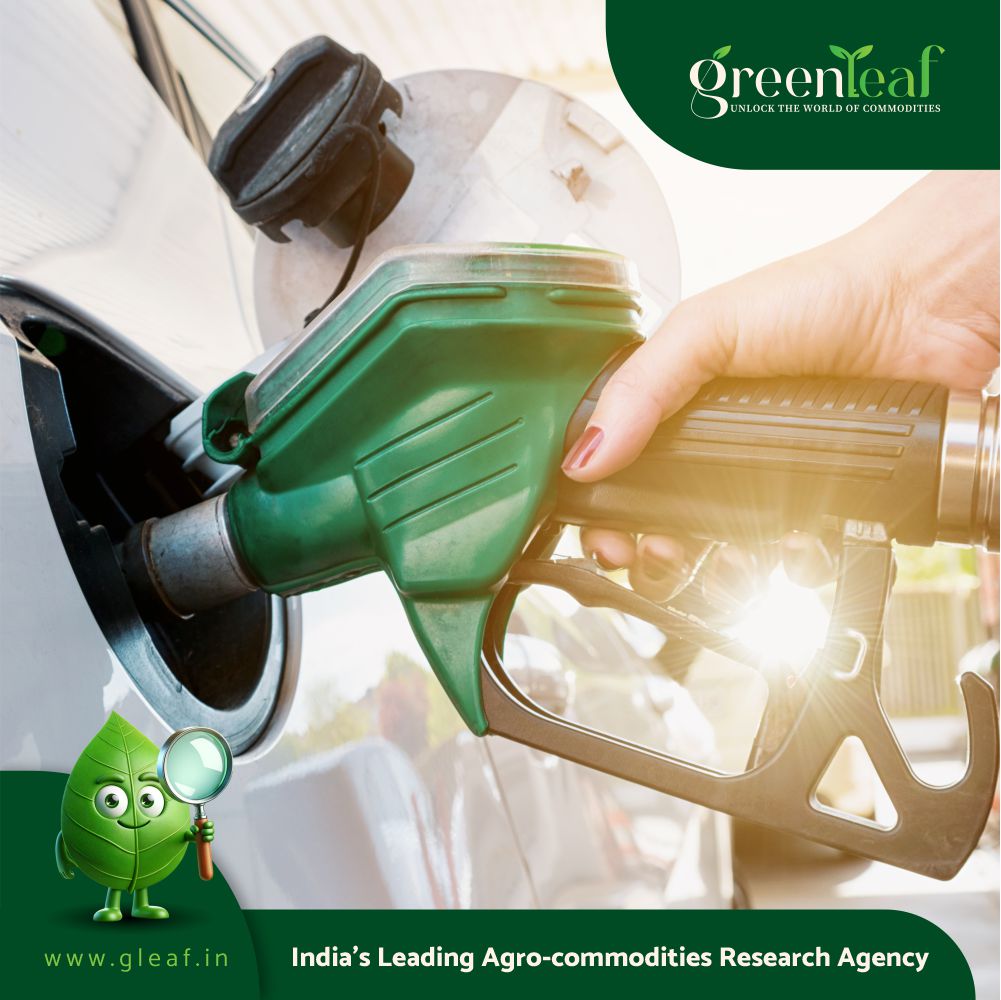Even before the U.S. presidential election significantly altered the political landscape on both sides of the Atlantic, Europe was already talking about how to improve its competitiveness while still achieving much-needed goals for climate change mitigation, energy independence and food security.
Now that this drive for strategic autonomy and economic resilience is becoming even more vital, it’s clear that the European Union will have to make better use of domestic assets such as ethanol biorefineries.
These biorefineries convert raw materials from European farmers—multipurpose crops, waste and residues—into food, feed, renewable fuel, biogenic CO2 and other important coproducts.
This contribution goes way beyond simply helping the EU reduce its dependence on fossil fuels —even though that contribution is significant. In 2023, bioethanol from ePURE members reduced greenhouse gas emissions by more than 79% compared to fossil fuels—a figure that only rises year by year.
It also includes contributing to food security by offsetting Europe’s protein deficit. In fact, European ethanol biorefineries produced more food and feed than fuel in 2023—a statistic that often goes overlooked in EU policy debates over biofuels. In fact, EU ethanol biorefineries are one of the main sources of vegetable protein in Europe.
Using a small fraction of arable land without danger of deforestation, European biorefineries produce food, feed and renewable fuel that complies with strict EU legislation.
These biorefineries also create thousands of jobs across the EU, supporting farmers, strengthening local communities and fostering rural economies. Every year, the production of crop-based biofuels, including bioethanol, generates over €6.6 billion in revenue for farmers—boosting Europe’s self-sufficiency and improving its food supply.
ePURE unites around 50 bioethanol plants across Europe, accounting for about 85% of EU renewable ethanol production. Our members across the continent harness innovation, sustainability and socially inclusive change in the fight for a more resilient, carbon-neutral Europe.
This issue of social inclusiveness was underlined in the recent European elections, in which voters made it clear they want a more pragmatic approach that combines important climate goals with policies that support consumer choice and freedom of mobility.
Fortunately, some important EU political figures have begun to notice. Consider the recent report to the European Commission from former European Central Bank President Mario Draghi, who said the EU should take a more pragmatic, technology-open approach to achieving its climate goals and unleash the potential of sustainable low-carbon alternative fuels such as renewable ethanol.
The Draghi report also notes that while the EU has been a world leader in developing renewable energy—thanks in part to the use of sustainable biofuels—its recent policy choices put it at a competitive disadvantage against the rest of the world going forward.
But there’s a better way, one that valorizes local farmers, encourages local production, creates local jobs and produces local benefits with a global impact. This is how to help build a more resilient and strategically autonomous Europe.
















